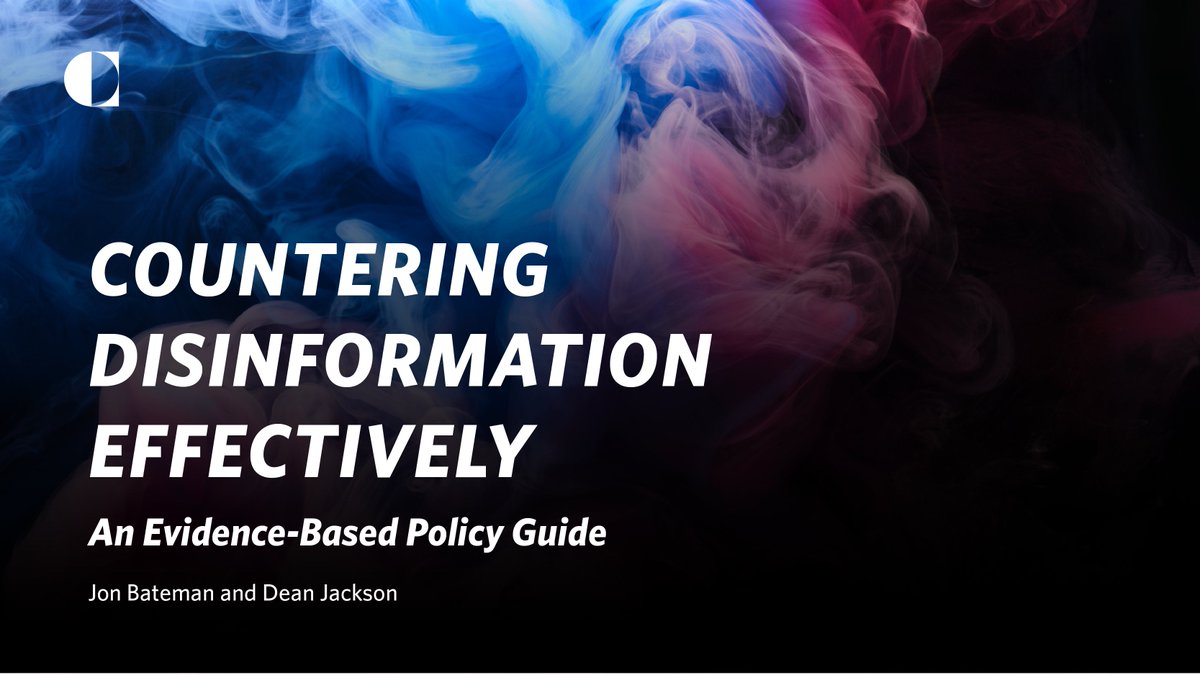Thanks to @matthewstoller of @openmarkets for his detailed response to my @WSJ op-ed on national security, Big Tech, and antitrust. I was hoping to spark this kind of thoughtful conversation between natsec and antitrust communities.
https://twitter.com/matthewstoller/status/1187549622761377795
My short piece argued that breaking up Big Tech has national security risks... and leaving these companies intact has parallel risks. @matthewstoller addresses many issues I lacked the space to explore fully, so I’ll try to reply on Twitter.
https://twitter.com/JonKBateman/status/1186782178153246721
His most compelling arguments: (1) History lacks examples of antitrust actions undermining national security; (2) Economies of scale in the tech industry are overstated; (3) We shouldn’t give national security agencies an antitrust veto.
On history, @matthewstoller notes AT&T once played the national security card, yet its 1984 break-up spurred more innovation. But that break-up was also part of a larger pro-competition effort, which (over decades) may have helped China win the 5G race. ft.com/content/18d382…
The larger effort culminated in the 1996 Telecoms Act. Among its complicated effects: a temporary “lost era” for U.S. telecoms as more competition meant weaker finances, fragmented standards, and lost economies of scale.washingtonpost.com/technology/201…
Infrastructure biz of Lucent (once AT&T) and Motorola atrophied and were sold, eventually to Finland’s Nokia. Today Nokia is a major 5G manufacturer, while the U.S. has none. Hard to overstate national security harm; any risk of repeating must be weighed. inkstonenews.com/tech/why-has-u…
The telecoms story also speaks to @matthewstoller’s second point, that Big Tech conglomerates have only financial—not technical—reasons for agglomerating. Per Matt, “there’s no reason AWS [cloud provider] has to be part of Amazon.”
That’s often true, and I'm open to Big Tech break-ups that fit this category. But in other cases, technical and financial factors interplay, with financial health enabling companies to fund critical research and infrastructure.
Interestingly, Amazon first turned a profit in 2001, then launched/nurtured AWS in 2002-06. Amazon’s improving financial health helped finance its payment of “technical debt” from earlier years and innovate for the future. techcrunch.com/2016/07/02/and…
Today AWS is one of Amazon’s most profitable units, so it might now thrive on its own. But note, AWS’s major competitors are all owned by giant tech companies. Also note, these same tech titans are quantum leaders—the next emerging tech w/ natsec implications. 

I’m not arguing, as @RobAtkinsonITIF and Michael Lind do, that big companies are more innovative. But I’m also not arguing, as @superwuster and @MattStoller do, that small companies are more innovative. It seems to depend, so let's look before we leap.
Finally, should there be “a national security veto over antitrust cases”? No, DOJ should be in charge. But at the remedy stage, decisions can have practical consequences across society. DOJ should talk to many stakeholders—and that includes national security.
Backroom conversations happened throughout the Cold War when antitrust intersected with national security. This year DOJ sought to pause enforcement of its own antitrust victory over #Qualcomm because of DOD’s concerns. scholarship.law.nd.edu/ndlr/vol78/iss…
DOJ seems to care what other agencies have to say (which is different from a veto). I would strengthen and formalize this dialogue, including explicit safeguards against inappropriate meddling. reuters.com/article/us-qua…
In the end, I see national security risks on both sides of antitrust debate. @matthewstoller weighed in on one side, so I’m responding on the other. But my main hope is simply that we talk about natsec more. Glad we are!
https://twitter.com/JonKBateman/status/1186782178153246721
• • •
Missing some Tweet in this thread? You can try to
force a refresh








